Fifty years after the death of the plucky ‘Old Plum’, The Spectator lauded the civilian work in Palestine of the unassuming field marshal, Lord Plumer:
A little old man, he had once commanded an army; now he only had his unarmed soldier-servant and such policemen as he might see fit to summon. During his proconsulship nothing happened, nothing we find worth recording in our history books. We do not remember his name in our churches, and in a few years it will be quite forgotten. But we prize peace more than war, and concord more than bloodshed, then let us praise God for that little man Plumer, Viscount of Messines and of Bilton in Yorkshire, during whose three years governorship Jews and Arabs performed in peace their lawful occupations. For it was he who gave them peace.
Born on March 13, 1857, in Kensington, London, Herbert Plumer was one of Britain’s most famous and esteemed soldiers. Educated at Eton, Plumer entered Sandhurst, graduating in 1876 with a commission in the 65th Regiment of Foot. His first overseas tour of duty was with his regiment in Lucknow, India, where he was appointed adjutant.
In 1881, the 65th and the 84th merged to form the 1st Battalion, the York and Lancaster Regiment, which arrived in the Sudan in February 1884 as part of the Nile Expedition, a British task force to relieve Major General Charles Gordon at Khartoum. He was promoted to major on January 22, 1893, posted to the 2nd Battalion, the York and Lancaster Regiment in South Africa, and appointed acting military secretary to the General Officer Commanding (GOC), Cape Colony, in December 1895. His fate to remain in the African sub-continent had been sealed, which was, for the 38-year-old, a fortuitous turning point in his military career.
The infamous and disastrous fiasco that was the Jameson Raid in January 1896, caused Britain unimaginable embarrassment. Within days, Plumer was sent to Mafeking and Bulawayo, in anticipation of a Transvaal Republic backlash. However, there was no immediate concern, and Plumer returned to the Cape in March. He had barely arrived, when he was sent to Matabeleland, Rhodesia (now Zimbabwe), where the amaNdebele nation had come out in rebellion. Plumer raised a 750-strong Matabeleland Relief Force, and at the end of June 1896, Plumer marched on the Matopo Hills, the granite-bouldered stronghold and spiritual home of the amaNdebele. His campaign was a success, and in November, he returned to Cape Town, before making it back to England for Christmas, where he had become a household name.
In August 1899, Plumer was back in Bulawayo, this time to raise two mounted local regiments to protect the border with the northwest Transvaal from Boer invasion at the start of the Second Boer War. In the early months, Plumer, after several skirmishes, successfully prevented any meaningful Boer insurgencies across the Limpopo River into Rhodesia through his deployment of squadrons of the Rhodesia Regiment to the various drifts through the river.
Plumer then headed south through Bechuanaland to the besieged Mafeking. At the end of March 1900, having overcome strong Boer resistance at Crocodile Pools, Plumer reached Mafeking. Colonel Bryan Mahon was approaching from the south with the other relief column, and the Mafeking siege finally ended.
In 1902 Plumer was promoted to major general, at 45, one of the youngest in the British army. Following a transfer to Ireland as GOC 5th Division, Plumer was promoted to the rank of lieutenant general in November 1908, and three years later he was appointed GOC Northern Command, Britain.
In 1915, Plumer was given command of V Corps withing the BEF Second Army, and in June he was promoted to full general and given command of the Second Army, which spent most of World War One around the Ypres Salient, including the famous battles at Messines and Passchendaele.
Following the Armistice, in December 1918 Plumer was appointed GOC of occupying British forces in the defeated Germany, formalised in March 1919 as the British Army of the Rhine (BAOR). Plumer established his headquarters in Cologne. On June 10, 1919, Plumer arrived in strife-torn Malta to take up his new appointment as British governor of this Mediterranean island-nation, and in August 1925 he accepted the post of High Commissioner to the British Mandate of Palestine.
From the outset, the mandatory authority was drawn into the Arab/Zionist conflict, punctuated by armed clashes, labour unrest and Arab riots in 1920-21. Largely emulating his successful firm and well-informed modus operandi employed in Malta, Plumer regarded his role in Palestine as being apolitically administrative. During his tenure, Plumer went to great measures to improve the lot of Jew and Palestinian alike.
In August 1928, the ailing 72-year-old Plumer left Palestine, two years short of what should have been a five-year tenure. In the summer of 1920, Plumer had undergone a prostate operation, which doctors had indicated would improve his health over what it had been the previous ten years. The seemingly insurmountable task of attending to the conflicting needs of Arabs and Jews in equal measure had taken its toll. Ever loyal to the Crown, fulfilment of the divisive Balfour Declaration had remained the old soldier’s top priority. The following year, the King conferred the title of Viscount on Plumer, a reward for his work in Palestine.
On July 16, 1932, following another operation in the February, Field Marshal Viscount Herbert Plumer died in his home in London. King George V reflected a nation’s respect for one of its greatest generals:
“My people throughout the Empire will, with me, mourn the loss of one whom history will ever gratefully remember not only as a distinguished commander in war, but as a great administrator.”
A military procession, escorting Plumer’s coffin, wound its way along the crowd- lined route to Westminster Abbey on July 20. The Scotsman reported:
“It is more than half a century since a military officer of high rank was buried in Westminster Abbey, and Lord Plumer is the first soldier to be interred there since the Unknown Warrior was laid to rest after the war. The Field Marshal’s tomb in the new Warriors’ Chapel is only a few yards away from the grave of the Unknown Warrior, on which this morning there lay a large cross of scarlet poppies”.

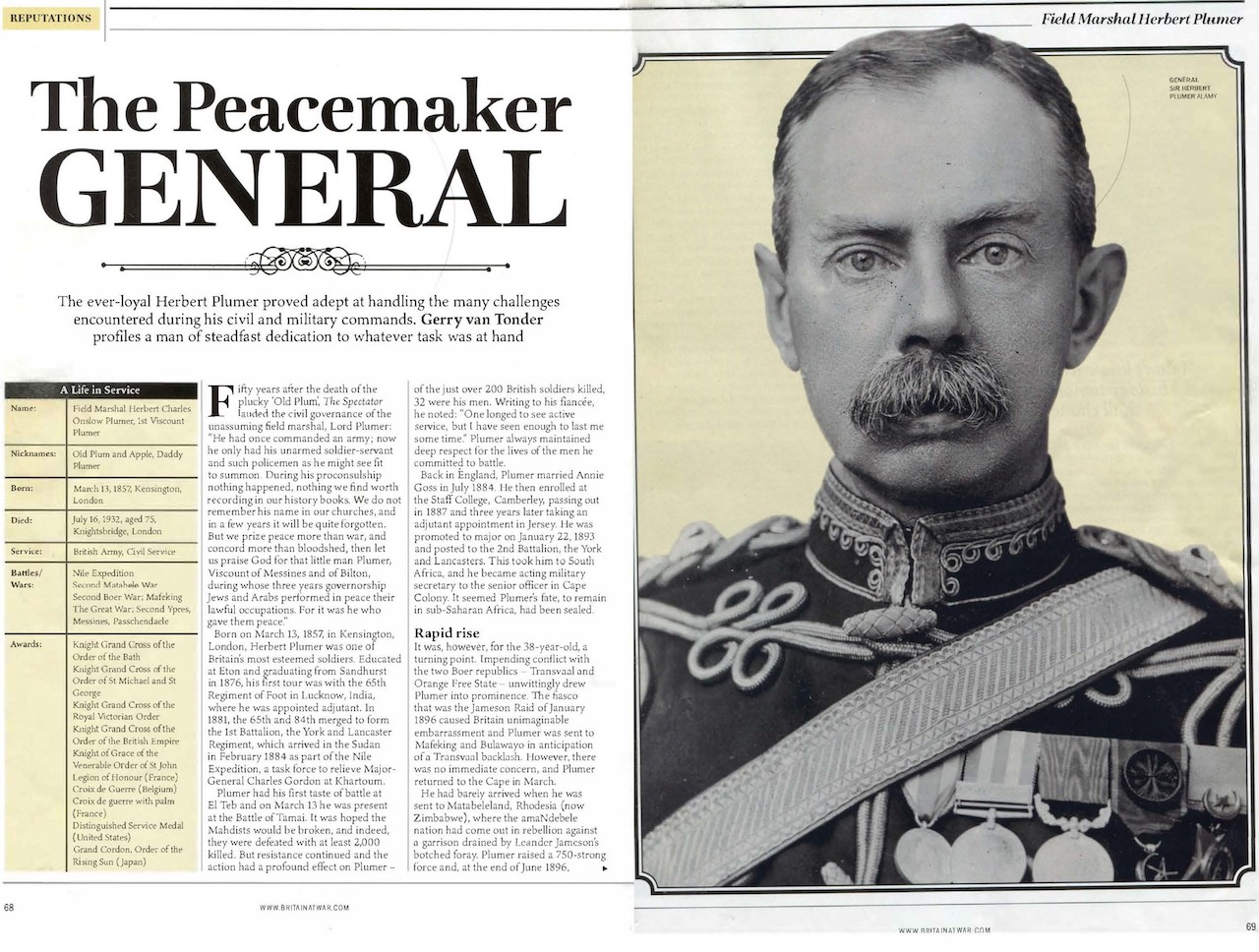
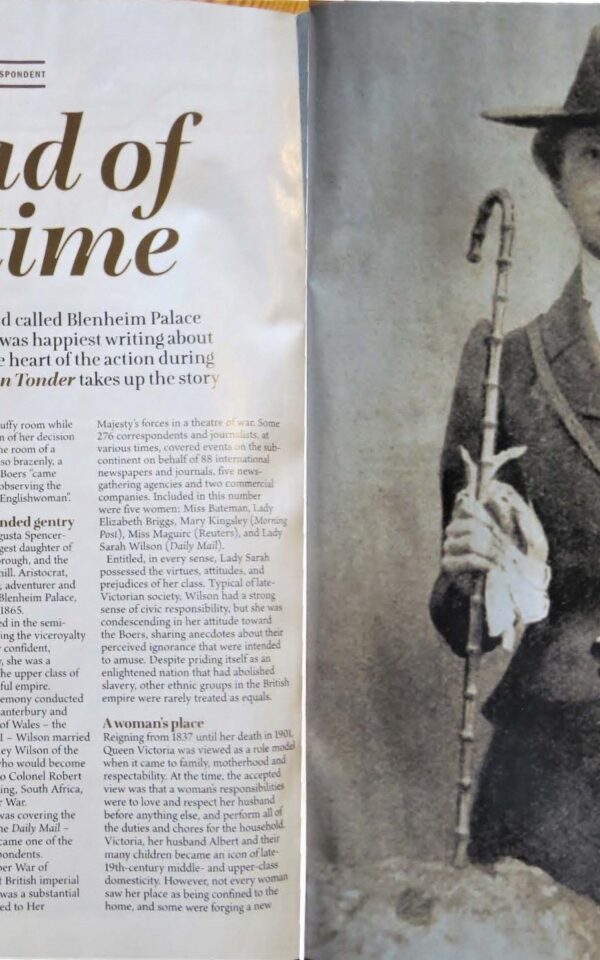
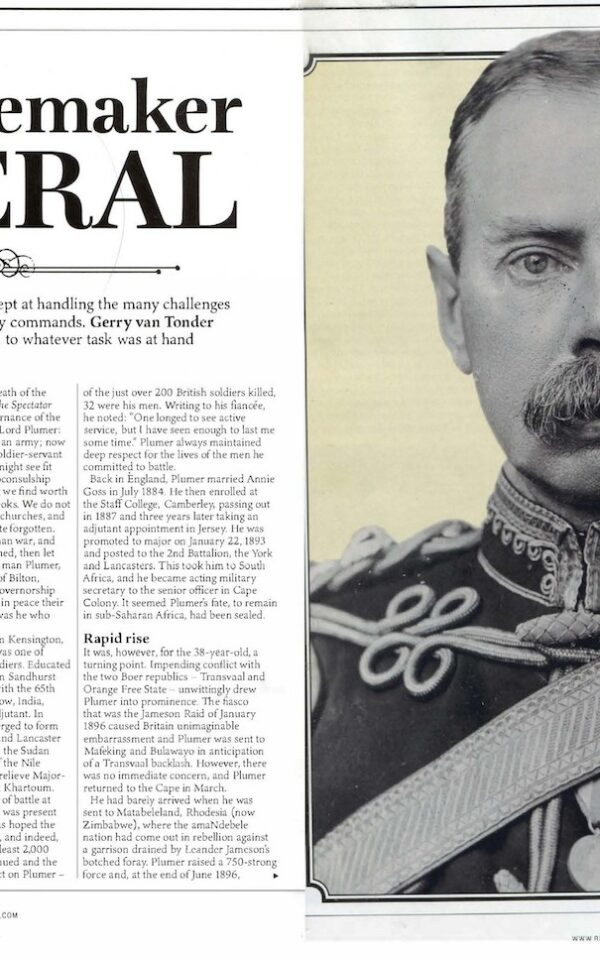
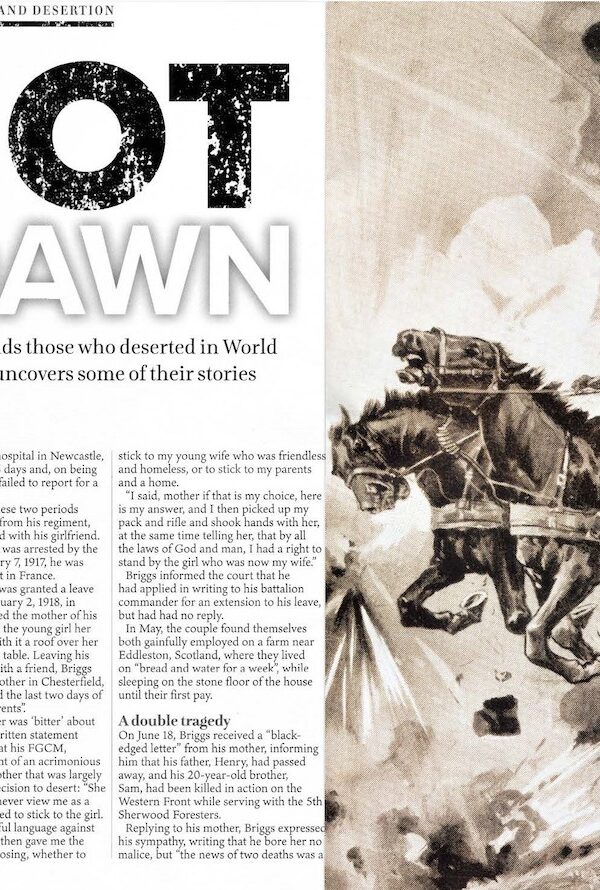
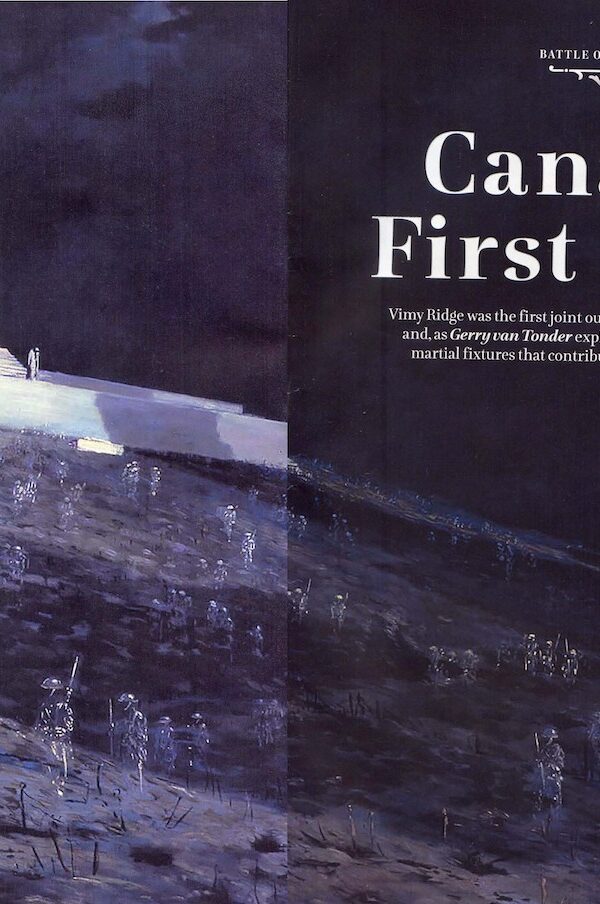
Reviews
There are no reviews yet.